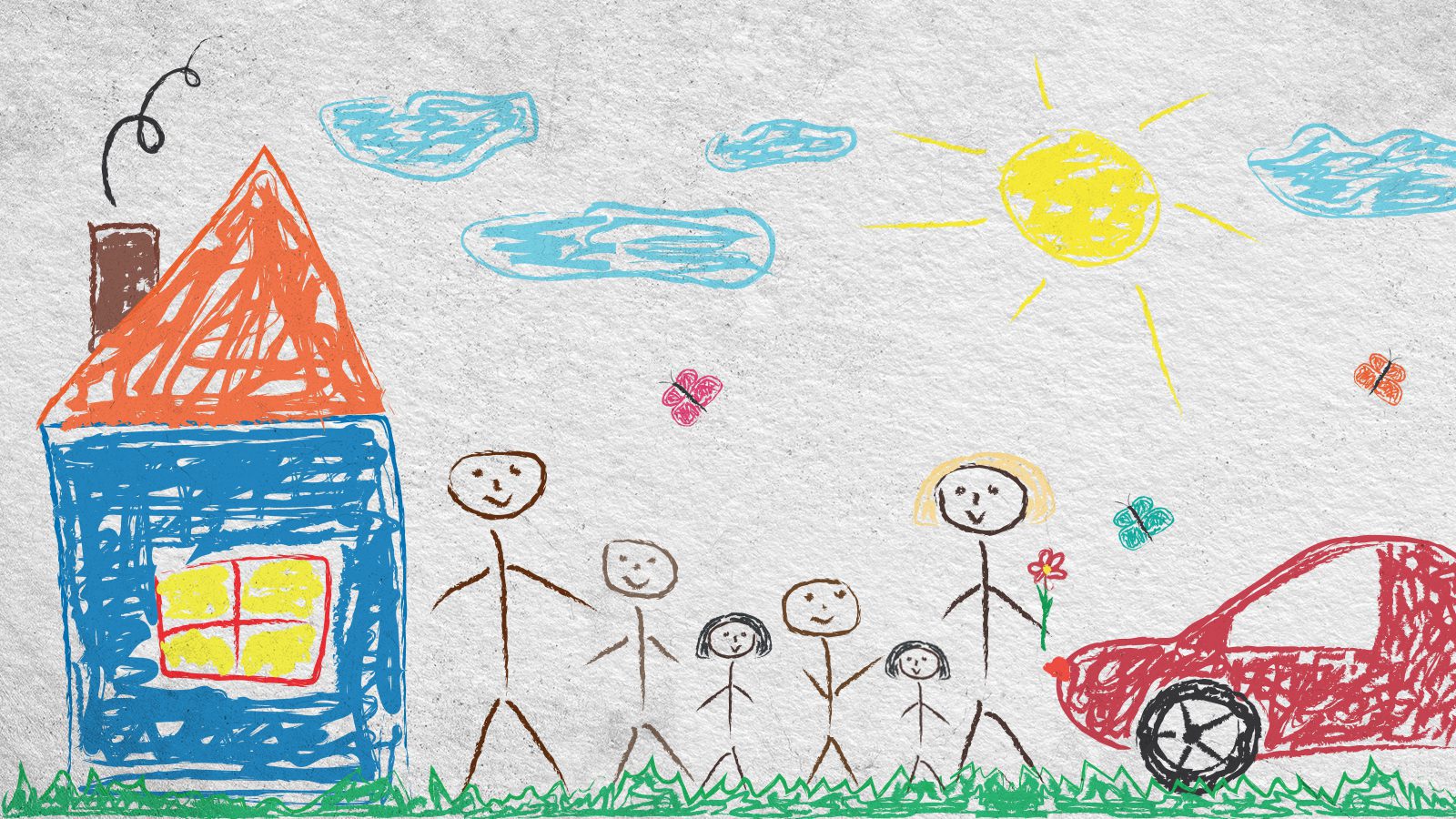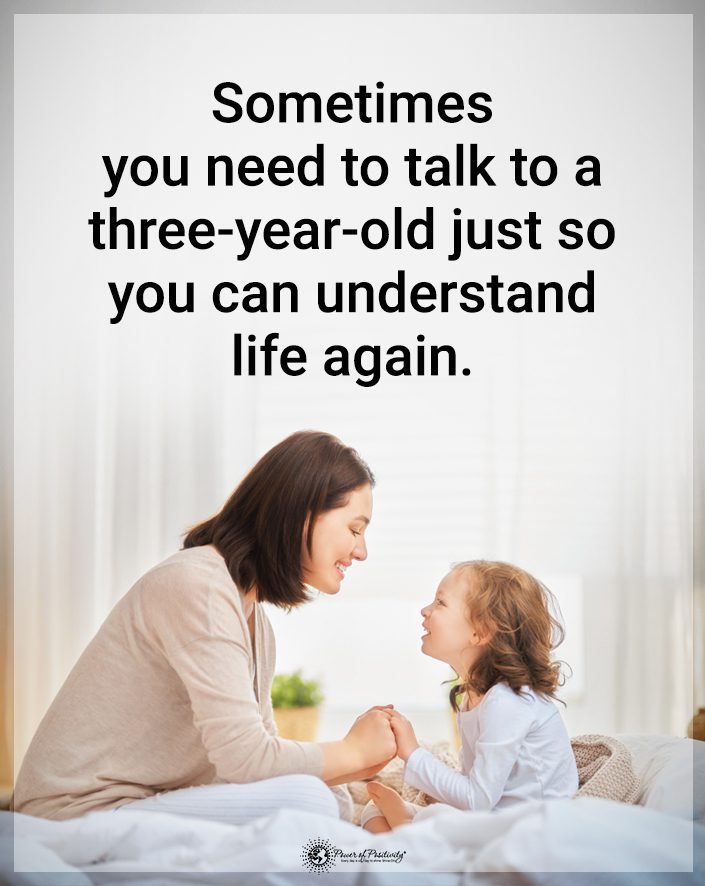Have you always admired large families and dreamed of having your own someday? If so, you should feel optimistic about the future since research shows big families are the happiest. Living with so many children isn’t always sunshine and rainbows, but the positives may outweigh the negatives.
When deciding how many kids to have, some parents hesitate to have more than one or two. When thinking about the ideal family size, they may worry about finances, stress, time constraints, and their relationship. These are valid concerns, but it’s also worth considering the benefits of having more little ones running around.
Children will always have someone to play with, so they’ll never feel lonely. Also, older siblings can help with household chores and babysit when their parents need time alone. Plus, having a large family can feel safe and comforting for children navigating the fast-paced world. Since we lived in tribes not long ago, it doesn’t seem too farfetched to have sizable families.
Both parents and children can benefit from the strong bonds and security that sizable families provide. Read on to find out why having at least four children can bring joy into your life.
Study Reveals Higher Life Satisfaction Among Large Families
It may surprise you that larger families seem happier than those with only one or two children. After all, children are loud, chaotic, and expensive, right? Sure. But they’re also lovable, funny, sweet, and can add meaning to your life. As they say, nothing worth having comes easily, and many parents say it’s rewarding to have children despite the struggle.
Furthermore, according to Australia’s Edith Cowan University research, parents of four children or more seem the most satisfied. Dr. Bronwyn Harman, a professor at the university’s School of Psychology and Social Science, performed the analysis over five years.
Throughout her career, she’s interviewed thousands of families to determine what factors increase well-being, resilience, and social support. The study cited is part of the Hestia Project, which investigates contemporary Australian families’ issues. Harman’s research aims to understand the life experiences and satisfaction levels among the following types of families:
- teenage parents;
- mothers of advanced maternal age;
- single mothers and fathers;
- stepparents;
- parents who identify as LGBTQI+;
- parents of large families;
- parents of a child with a disability;
- and parents who live in rural, remote, and regional areas.
After talking with hundreds of families, she asked the parents to complete questionnaires about their home lives. Parents had to answer questions about their self-esteem, confidence levels, social support, resilience, and perceived well-being. Harman then ranked the parents according to the scores on their questionnaires.
Overall, parents with four or more children had the highest life satisfaction, followed closely by parents who identified as LGBTQ. Single fathers reported being the least happy group and felt that people viewed them as the ‘lesser parent.’
The survey answers revealed that single dads often get blamed for breaking up families, even if they weren’t responsible. It’s also more challenging for them to take off work to watch their children. Despite these setbacks, single dads with grown children didn’t regret their situation and had strong relationships with their children.
Why Families With Four or More Children Are Happiest
So, what factors contribute the most to large families being the happiest bunch? In an interview with ABC Australia News, Harman explains what she believes plays the most significant role in their life satisfaction.
“With large families, we think they have social support within the family,” she said. “The kids are never bored, they have someone to play with and they get independence quite early on.”
Furthermore, she discovered through her research that most parents planned to have large families in advance. That way, they had no surprises and could fully enjoy their children without additional stress.
Of course, they still dealt with financial struggles, time constraints, and the general chaos in a large family. But, the parents still felt happy with their decision and wouldn’t change it for the world.
“Parents accept that there is chaos in their lives but it does not negate the happiness they get from their families,” Dr. Harman continued.
Not to mention, government programs and services often help large families who struggle with food, housing, and other expenses. That takes some of the financial burdens off their shoulders so they can devote more resources to their families.
However, regardless of the parent’s income, gender, age, or living situation, Harman said consistency, boundaries, and love matter the most. Her research discovered that while family makeup affects parents’ life satisfaction, it doesn’t impact a child’s upbringing. As long as children have love, support, and discipline, they have a solid foundation in life.
Even money doesn’t make a difference in a child’s happiness if they have adequate food, shelter, and clothing. Above all else, children need genuine love and care, not toys and other material items. So, parents who desire large families should feel more confident about their dream, thanks to Dr. Harman’s rigorous research.
It’s also worth noting that children who grow up with multiple siblings have to learn values like generosity and independence earlier in life. For example, kids must often share toys while playing and accept hand-me-downs in large families. They also become more self-reliant since their parents must attend to the younger children first. Therefore, the older siblings know they must do something themselves if they want it.
Final Thoughts on Why Big Families Are Best
Everyone thinks of families differently based on their values and life experiences. Some people want to have one or two children, while others desire a house full of them. And many people want to remain childless due to finances, relationship status, or personal reasons.
However, if you want kids, pay attention to research from Perth’s Edith Cowan University. Dr. Bronwyn Harman, a pioneering professor and psychologist at the university, found that families with four or more children are happiest. After interviewing thousands of families over five years, she discovered that these families had the greatest resilience, well-being, and social support.

















 Community
Community

